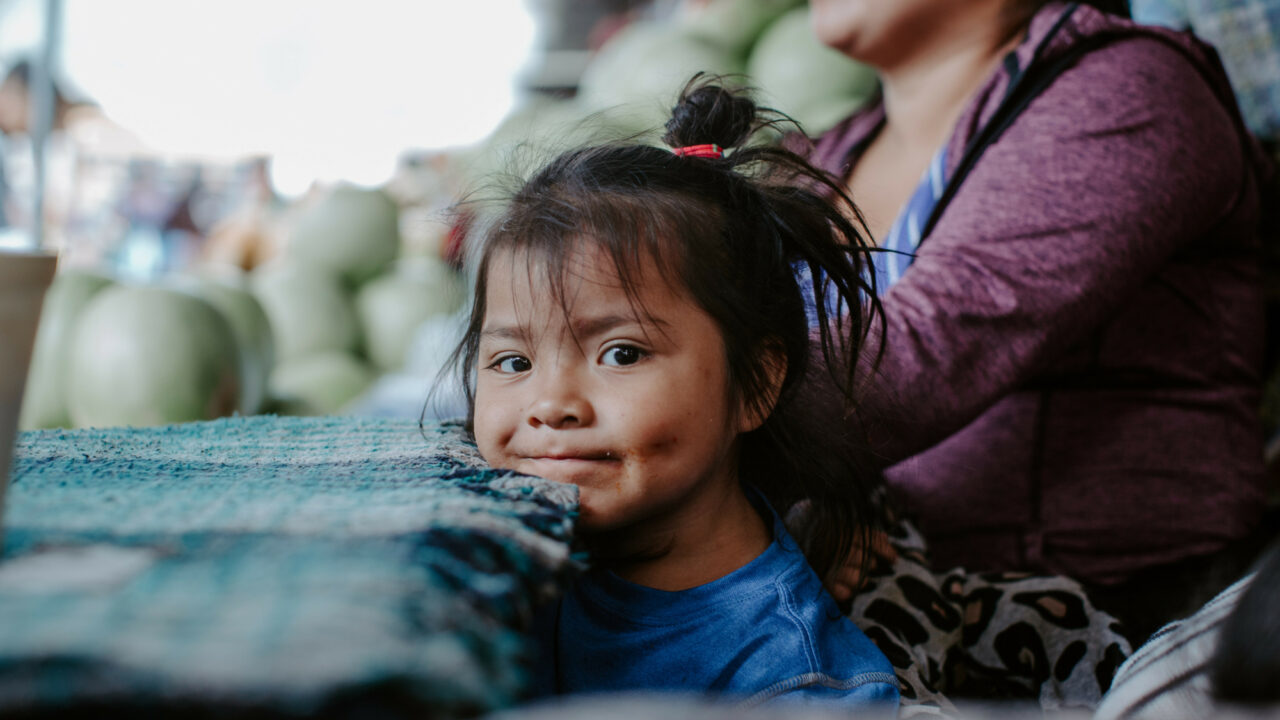The UN and IJM Partner to Improve Access to Justice for Trafficking Victims
Human Trafficking
For the first time, the United Nations Office on Drugs and Crime (UNODC) and IJM have partnered to help victims of human trafficking in the Latin America region have better and more effective access to justice.
In a webinar on May 28, the two organizations shared experiences and best practices in continually improving assistance and providing critical supports like legal representation.
Human trafficking affects the lives and physical integrity of thousands of women, men and children across the world. A recent study from the UNODC shows that 75% of the victims in cases from 2018 were women and girls primarily trafficked for sexual exploitation (50%) or forced labor (38%). In Latin America, more than 70% of the victims were women and girls, of which between 60% to 80% were trafficked for sexual exploitation. In Central America, 48% of the victims were children.
Due to diverse vulnerability factors, like poverty, migration status, unstable homes, etc., many victims of trafficking are not able to afford the legal guidance and support that they desperately need. Legal aid has multiple benefits, including holding perpetrators accountable and reducing impunity, but if provided in a holistic way it can also have a direct impact on the long-term recovery of victims.
“Criminal justice has a transformative effect,” said Carlos Pérez, Crime Prevention and Criminal Justice Officer for UNODC. “Governments have to provide aid, information, ensure participation in the process; safe housing; legal, medical, psychological and educational assistance; security; employment and even the possibility of indemnification.”
UNODC and IJM recognize that access to justice, especially the legal representation of victims, is a central component to ensure victim’s rights are safeguarded and effectively implemented and have spent years supporting governments to provide this service.
Over 300 participants across the region, including IJM and other NGOs, the Public Defenders Offices of Brazil and Peru and UNODC, discussed topics like the importance of interinstitutional cooperation to ensure access to legal representation, the need to work with multidisciplinary teams for holistic care and the need to provide these services with a victim-centric approach. Additionally, this space provided an opportunity to share both the challenges and good practices learned from representing victims.
“We have to look at the victims and survivors of trafficking with empathy, with care, and in a holistic way. They are the ones who suffer the most with this crime and they cannot be treated simply as evidence,” said Jose Monteiro, IJM’s Country Director in the Dominican Republic.
In addition to legal representation, panelists highlighted that for an effective and holistic approach that will allow survivors of this crime to thrive, it is important to ensure that legal representation is accompanied by psychosocial, social and economic services.
“It is not just about legal aid and judicial representation in the case; the victim also needs assistance in other areas. For example, a victim who has been rescued could have a need for food, or [further] protection in cases involving minors [like safe housing]. This information is also gathered by the public defense to ensure the victim’s needs are met – in coordination with other agencies that can provide for those needs,” emphasized Hernan Álvaro Neyra, from the Peruvian Public Defenders Office.